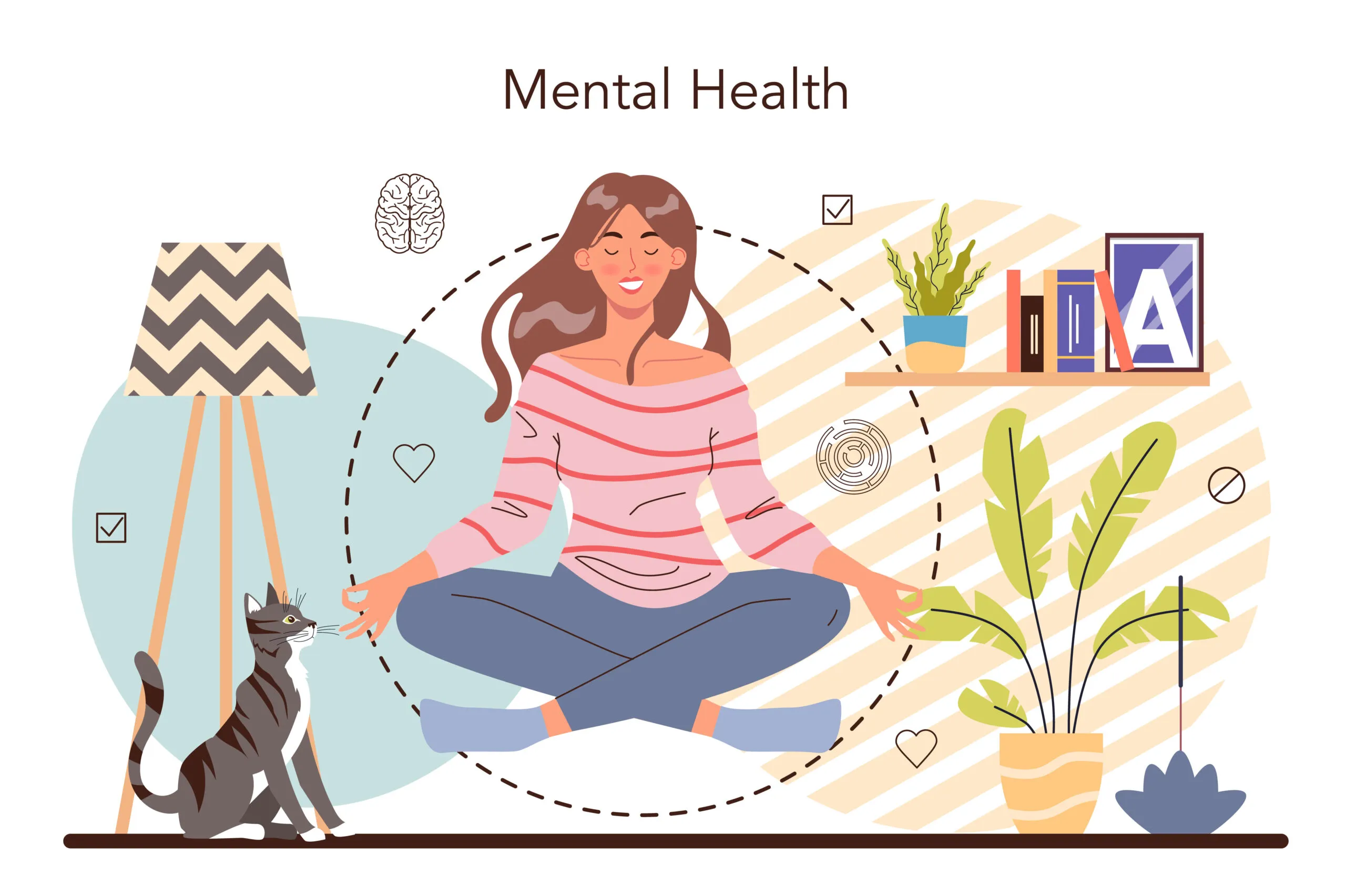In today’s fast-paced world, working professionals often struggle to maintain their health while juggling demanding schedules. Long hours, deadlines, and sedentary lifestyles can take a toll on both physical and mental well-being. However, by adopting a few strategic habits, it’s possible to lead a healthier, more balanced life. This article explores practical health tips tailored specifically for working professionals, helping you stay productive and energized.
1. Prioritize Balanced Nutrition
A healthy diet is the cornerstone of overall well-being. Unfortunately, busy workdays often lead to skipping meals or opting for fast food. To maintain optimal health:
- Plan Your Meals: Prepare and pack healthy lunches and snacks in advance to avoid unhealthy choices.
- Incorporate Whole Foods: Focus on whole grains, lean proteins, fruits, vegetables, and healthy fats for sustained energy.
- Stay Hydrated: Keep a water bottle at your desk and aim for at least 8–10 glasses of water daily. Dehydration can lead to fatigue and decreased productivity.
- Limit Caffeine and Sugar: While coffee and sugary snacks may provide a quick energy boost, they often result in energy crashes later. Opt for green tea or natural snacks like nuts instead.
2. Maintain an Active Lifestyle
Working professionals often spend long hours sitting, which can lead to numerous health issues, including back pain, obesity, and poor posture. Incorporating movement into your daily routine is crucial:
- Stretch Regularly: Take short breaks to stretch your body and relieve muscle tension, especially if you work at a desk.
- Use the Stairs: Choose stairs over elevators whenever possible to incorporate physical activity into your day.
- Desk Exercises: Perform simple exercises like seated leg raises, shoulder rolls, or neck stretches at your workstation.
- Schedule Workouts: Block time for physical activity, whether it’s a morning jog, yoga session, or gym visit. Even 30 minutes of exercise a day can make a significant difference.
3. Manage Stress Effectively
Workplace stress is a leading cause of burnout and can negatively impact mental health. Managing stress proactively is essential for maintaining focus and emotional well-being:
- Practice Mindfulness: Engage in mindfulness techniques such as deep breathing, meditation, or guided relaxation.
- Set Boundaries: Avoid taking work home when possible and establish clear boundaries between professional and personal life.
- Break Tasks into Smaller Steps: Large tasks can feel overwhelming; breaking them down into manageable steps reduces stress and enhances productivity.
- Seek Support: If you feel overwhelmed, talk to a colleague, friend, or mental health professional. Sharing concerns can provide relief and clarity.
4. Prioritize Sleep
Sleep deprivation is a common issue among working professionals and can lead to decreased concentration, irritability, and long-term health problems. To improve sleep quality:
- Establish a Routine: Aim for 7–9 hours of sleep per night and maintain a consistent sleep schedule, even on weekends.
- Create a Sleep-Friendly Environment: Keep your bedroom cool, dark, and quiet, and invest in a comfortable mattress and pillows.
- Avoid Screens Before Bed: Limit exposure to screens at least an hour before bedtime, as blue light can disrupt sleep patterns.
- Practice Relaxation Techniques: Reading, meditating, or listening to soothing music can help you unwind before bed.
5. Build Strong Social Connections
Social interactions are vital for emotional well-being. A supportive network of friends, family, and colleagues can reduce feelings of isolation and improve resilience:
- Stay Connected: Make time for regular interactions with loved ones, even if it’s just a quick call or message.
- Participate in Team Activities: Join workplace events or social groups to build camaraderie with colleagues.
- Seek Mentors: Having a mentor at work can provide guidance, motivation, and a sense of belonging.
6. Avoid Prolonged Screen Time
Extended screen exposure can lead to digital eye strain, headaches, and mental fatigue. To mitigate these effects:
- Follow the 20-20-20 Rule: Every 20 minutes, look at something 20 feet away for 20 seconds to reduce eye strain.
- Use Blue Light Filters: Install blue light filter apps on your devices or wear blue light-blocking glasses.
- Adjust Your Workspace: Ensure your computer screen is at eye level and about an arm’s length away to maintain proper posture and reduce strain.
7. Incorporate Mental Health Practices
Mental health is as important as physical health, and neglecting it can affect your overall productivity and happiness. To foster mental well-being:
- Take Regular Breaks: Step away from your desk for short walks or relaxation exercises to clear your mind.
- Practice Gratitude: Reflect on positive experiences or achievements to shift focus from stress to optimism.
- Limit Negative Inputs: Avoid excessive news consumption or workplace gossip that can contribute to anxiety.
8. Organize Your Work Environment
A cluttered workspace can lead to distractions and increased stress. Create an organized and efficient environment to enhance focus:
- Declutter Your Desk: Keep only essential items within reach and maintain a tidy workspace.
- Use Ergonomic Furniture: Invest in an ergonomic chair and desk setup to promote proper posture and reduce discomfort.
- Leverage Technology: Use productivity tools, apps, and calendars to streamline tasks and stay on track.
9. Schedule Regular Health Checkups
Preventive healthcare is crucial for early detection and management of potential health issues. Working professionals often neglect routine checkups due to busy schedules, but prioritizing them can save time and stress in the long run:
- Annual Physical Exams: Schedule regular checkups to monitor vital signs and overall health.
- Dental and Vision Care: Don’t forget to include routine visits to the dentist and optometrist.
- Vaccinations and Screenings: Stay up-to-date with recommended vaccinations and health screenings based on your age and medical history.
10. Embrace Work-Life Balance
Achieving a healthy balance between work and personal life is essential for long-term well-being. To foster harmony:
- Learn to Say No: Avoid overcommitting to tasks or responsibilities that may lead to burnout.
- Pursue Hobbies: Engage in activities outside of work that bring you joy and relaxation.
- Take Vacations: Use your vacation days to recharge and explore new interests, ensuring you return to work refreshed.
Conclusion
Maintaining health as a working professional doesn’t have to be complicated or time-consuming. By making small, intentional changes to your daily routine, you can enhance your physical and mental well-being while remaining productive. From eating balanced meals and staying active to prioritizing sleep and managing stress, these practical tips can help you strike the perfect balance between work and personal health.
Remember, your health is an investment, not an expense. Prioritize it, and everything else will fall into place.




